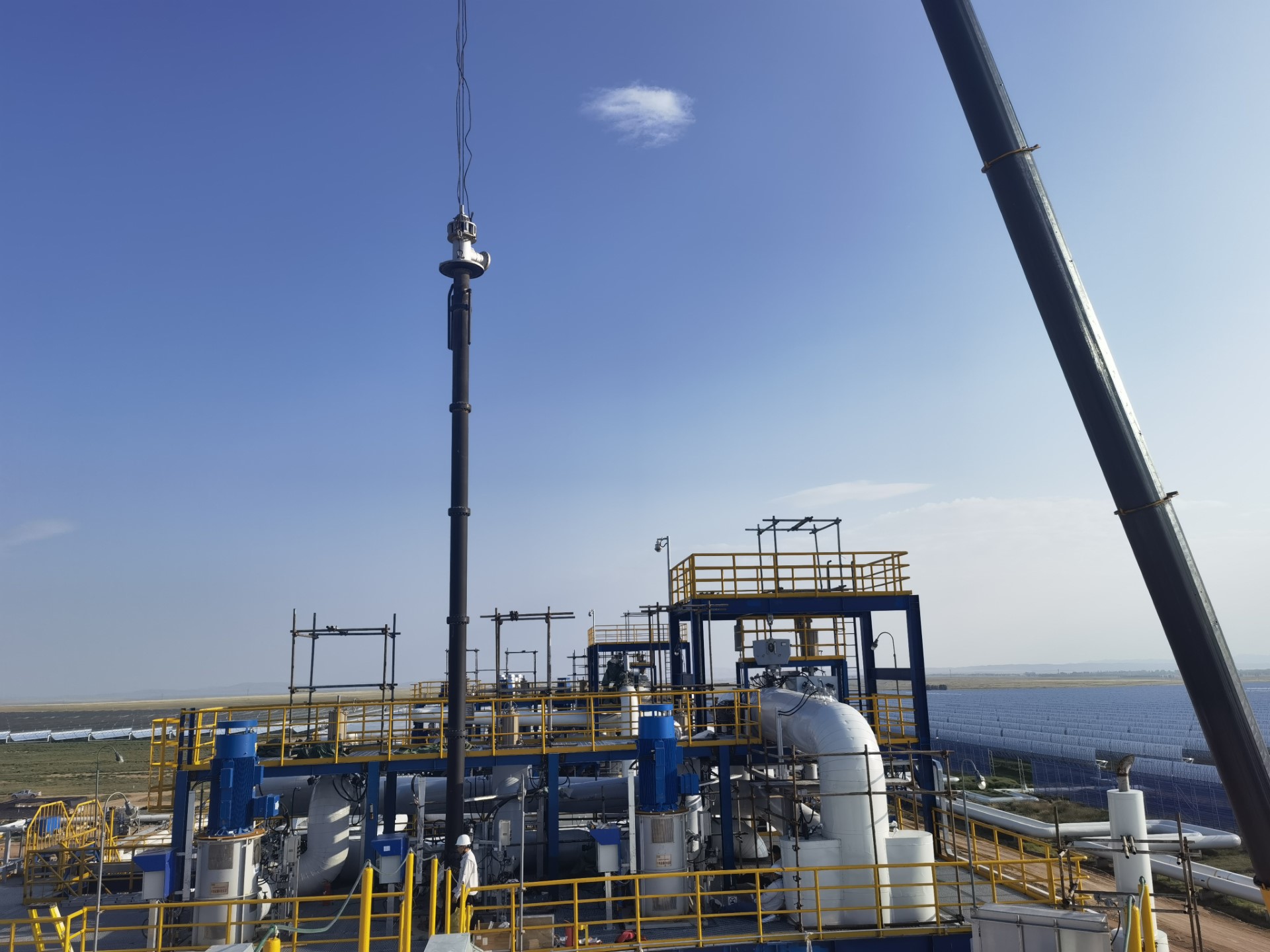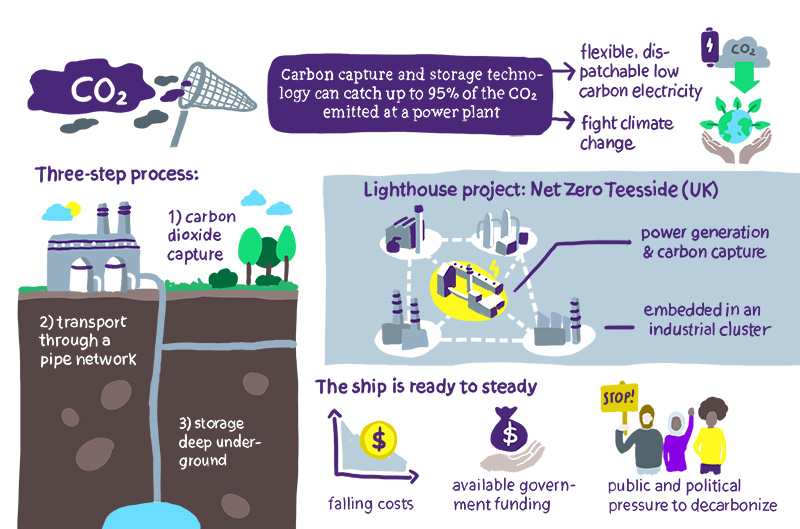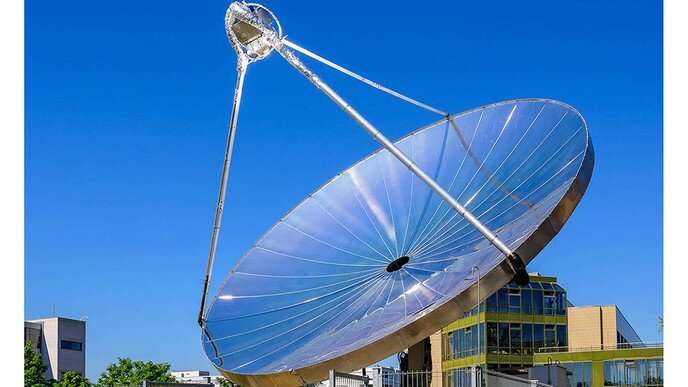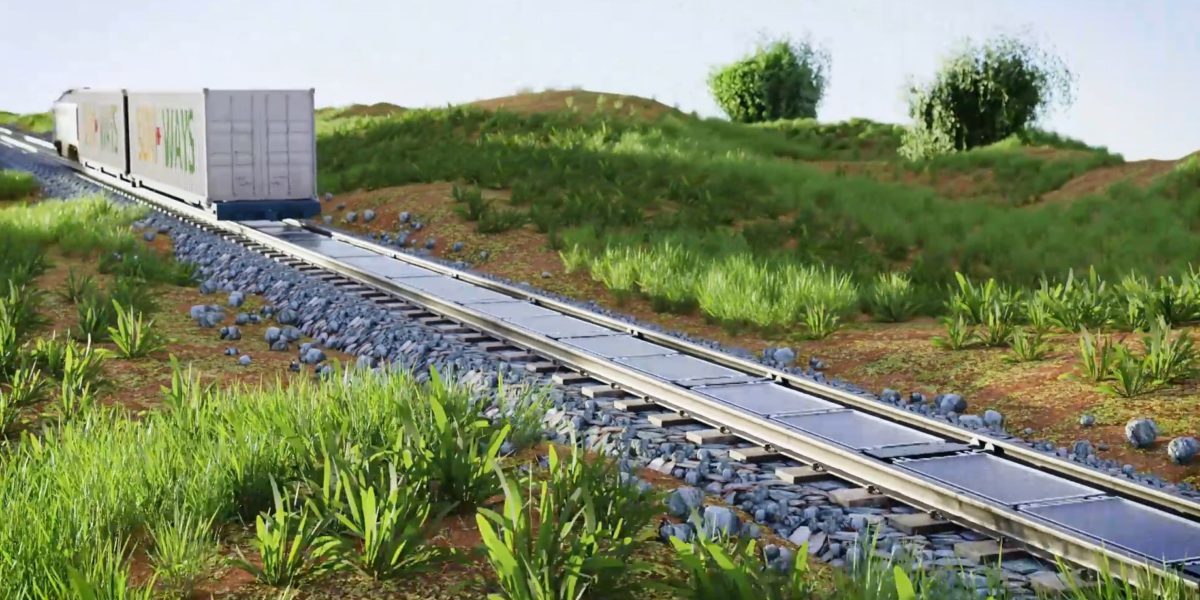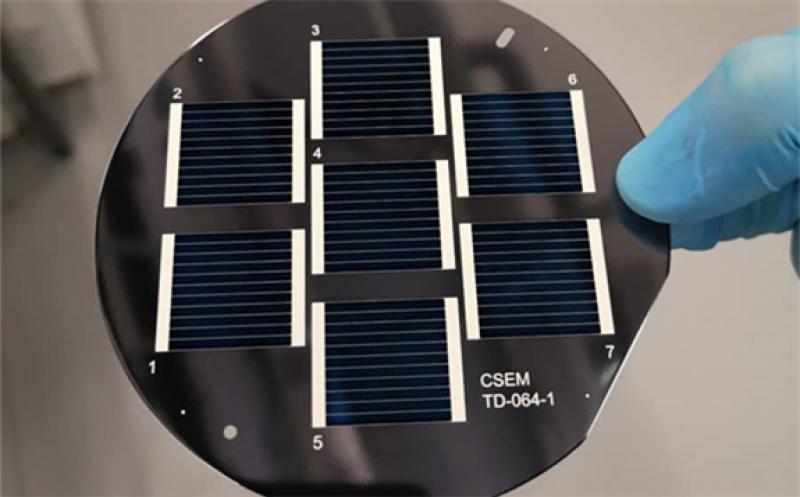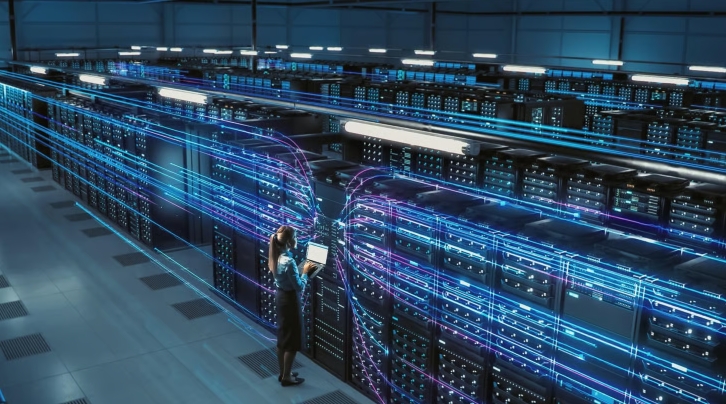
Hydrogen fuel cells have emerged as a potentially dependable solution for powering data centres, according to new research from Equinix and National University of Singapore.
Developing alternate renewable power sources is vital to maintaining uptime for data centres, ensuring global connectivity and business continuity remain uninterrupted.
Equinix, together with the Department of Electrical and Computer Engineering and Centre for Energy Research & Technology (CERT) under the College of Design and Engineering (CDE) at the National University of Singapore (NUS), undertook a green hydrogen fuel technology study to explore proton-exchange membrane (PEM) fuel cells and/or alternate generator technologies as environmentally viable backup power supply options for data centres.
The study assessed various types of alternative power supplies and their reliability, cost, operating conditions and environmental impact. Several systems that can feasibly utilise hydrogen as an energy source were spotlighted as potentially viable alternative solutions that operate on renewable energy.
Based on specified conditions, environmental factors and operating requirements, data centre operators will now have access to additional insights they need to help make an informed decision when implementing alternate fuel supply systems.
When renewable energy generation fluctuates due to dynamic weather conditions, hydrogen fuel systems could act as an efficient backup power source so that data centers stay online. Further developing hydrogen technologies could potentially create a robust energy security buffer that reduces the effect of unpredictable power interruptions and dependence on non-renewable backup fuel sources.
Yee May Leong, Managing Director, South Asia, Equinix – which operates 250 data centres across 71 metros – said the collaboration yielded formative research that has led to insightful findings for alternate fuel sources.
He said, “This also demonstrates the wealth of innovation and R&D talent available in Singapore. Representing a cumulative and concerted effort to drive meaningful impact in sustainability for the data centre industry, the results are also a promising development for Singapore’s hydrogen aspirations. We will continue to work with CDE to accelerate disruptive technologies that can reduce the carbon footprint of global data centers, particularly in tropical locations.”
Associate Professor Lee Poh Seng, Director, Centre for Energy Research and Technology, NUS College of Design and Engineering, said the feasibility study with Equinix aligns with Singapore’s national hydrogen strategy and provides actionable insights for global data centre sustainability.
“Our analysis highlights PEM fuel cells and alternate generator technologies as promising backup power solutions, especially in tropical climates. This collaboration marks a significant step toward a sustainable digital economy, and we look forward to extending our partnership with Equinix for broader impact locally, regionally and globally,” he said.
Sanjib Kumar Panda, Associate Professor from the Department of Electrical and Computer Engineering, NUS College of Design and Engineering, said: “By partnering with Equinix, we were able to unlock new research opportunities that explore alternative green solutions to power data centres. Continued research will contribute to the development of hydrogen-fueled alternative power sources in Singapore, one that could potentially be applied globally as well.”
The second installment of the report will explore the costs associated with larger-scale data centres or facilities with higher energy demands (24MW) on continuous use (prime power) applications.
By the end of 2022, Equinix deployed 43.5MW of fuel cells in the US and plans to install additional capacity globally, targeting over 75MW of reliable and efficient power in operation by the end of 2024.
